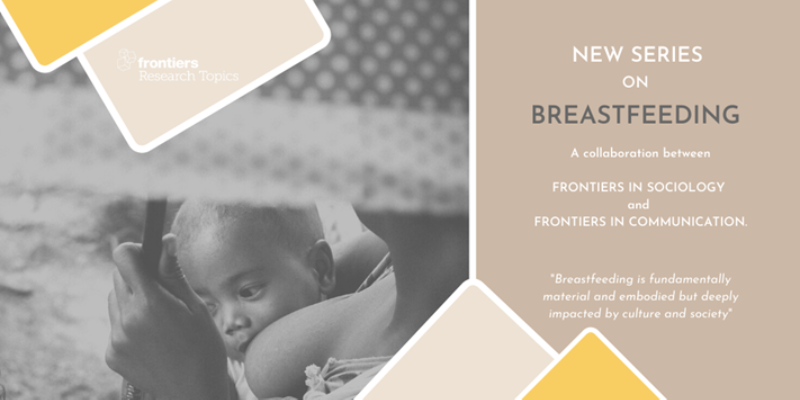You are here
- Home
- Research themes
- Sexual & Reproductive Rights
Sexual & Reproductive Rights
Sexual and reproductive health is often regarded as a very personal and private matter. However, sometimes this means that talking about sex and reproduction is considered taboo, leading to unmet need and wider consequences for individuals, family welfare and the health of future generations. Interdisciplinary research on sexual and reproductive health at The Open University focuses on the rights of individuals to a satisfying and safe sex life, the capability to have children and the freedom to decide if, when and how often to do so. Through a commitment to inclusive research that connects theory with policy and practice, research within this theme theorises the sexual and reproductive lives of under-researched and often marginalised groups.
Projects
Pre-conception care services for women with pre-existing diabetes
This project, funded by the NIHR Health Technologies Assessment Programme, explored pre-conception care for women with pre-existing Type 1 and Type 2 diabetes in white British and Pakistani communities.
Research outputs
- Pre-conception care for women with type 1 or type 2 diabetes: A mixed methods study exploring uptake of pre-conception care
- Diabetes and the pregnancy paradox: The loss of expectations and reproductive futures
The use of fertility tracking health apps
This interdisciplinary project evaluated the use of fertility apps as contraception.
Research outputs
Sex and intimacy for young adults with life-limiting or life-threatening conditions
The Open University Sexuality Alliance is a multi-disciplinary, multi-professional and multi-sectoral organisation set up to champion the sexual rights of young people and adults with life-limiting conditions. In a project funded by the charity Together for Short Lives, and in collaboration with Hospice UK, the Sexuality Alliance has carried out research exploring the significance of sex, intimacy and reproduction in the lives of young adults with shortened lives.
Research outputs
- Free educational resources on sex, intimacy and disability available on OpenLearn
- Project report: Talking about sex – Young People Speak Out
- Young adults with life-limiting or life-threatening conditions: Sexuality and relationships support
- Involving young people and adults with life-limiting conditions in research on sex: The intersections of taboo and vulnerability
Contraception for women with learning disabilities
Funded by Open Society Foundations this project focused on how women with learning disabilities are involved in making decisions about their contraceptive needs.
Research outputs
- A critical reflection on accessing women with learning disabilities to participate in research about sensitive subjects through organisational partnerships
- The experiences of women with learning disabilities on contraception choice
- Contraceptive decision-making and women with learning disabilities
- Project report – Contraceptive choices for women with learning disabilities
Find out more about our work
If you are interested in interdisciplinary research on sexual and reproductive rights at The Open University or would like to get involved in our work please contact Sarah Earle.
Call for Abstracts
Breastfeeding – A sociological reflection on new mothers’ wellbeing

While breastfeeding appears to be primarily an embodied, physical, biological act, a comprehensive study on breastfeeding needs to consider women’s experience around the world from a behavioural, social, cultural and anthropological perspective. Women have different breastfeeding journeys due to their geographical location, the social, financial, medical and health care support they receive, and the cultural and educational context of their situations. Commercial interests play a part in the promotion of particular approaches to infant feeding and there have been different trends to breastfeeding across time and place.
In promoting breastfeeding as the best option for infants, contemporary culture often equates good mothering with breastfeeding but is there in place an effective, well-financed system in place for the emotional and physical support of new mothers who are breastfeeding?
To celebrate UN breastfeeding week and raise awareness of new mothers’ well-being, Frontiers is launching a new series to gather multi-disciplinary insights into women’s international experiences of breastfeeding in a world in which there are stark divisions in the choices available to women in the global south and the global north. In order to address these questions in a cross-disciplinary way, we welcome submissions from the fields of sociology, gender studies, social policy, social psychology, education, media and communication.
Topics we would like to explore include:
- Breastfeeding Support from international societies: is the narrative used to promote breastfeeding inclusive and able to resonate through different cultures and societies?
- Social institutions’ support to breastfeeding mothers: international perspectives: maternity leave duration and regulation, support of breastfeeding in different workplaces,
- Nursing in public debates and the tensions between official policy promotion of breastfeeding and the lived experience of those who attempt to feed their babies in difficult circumstances in which hostile, often misogynist discourses circulate
- Variations in breastfeeding experiences due to class and culture across the globe
- Pressure to breastfeed: why breast is best could become an alienating mantra for early-mothers. Who decides and how are women’s decisions received, validated and supported?
- The role of personal experience and the emotional insecurities, which also influence and shape feeding practice and outcomes. Why is breastfeeding situated within a discourse of success and failure? What factors shape mothers’ experience?
Deadline for abstracts is 10th December 2021.
Learn more about this topic on the Frontiers in Communication website.
